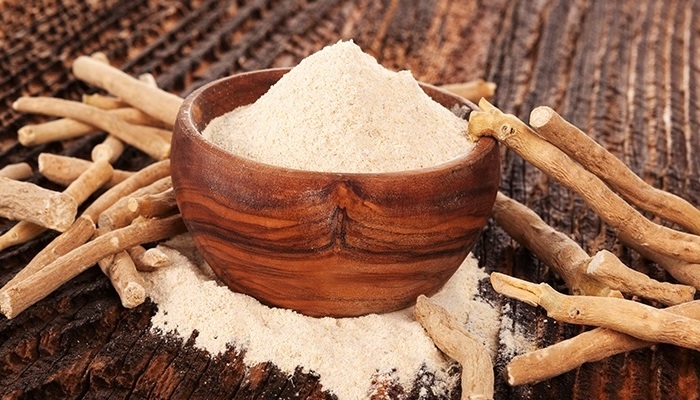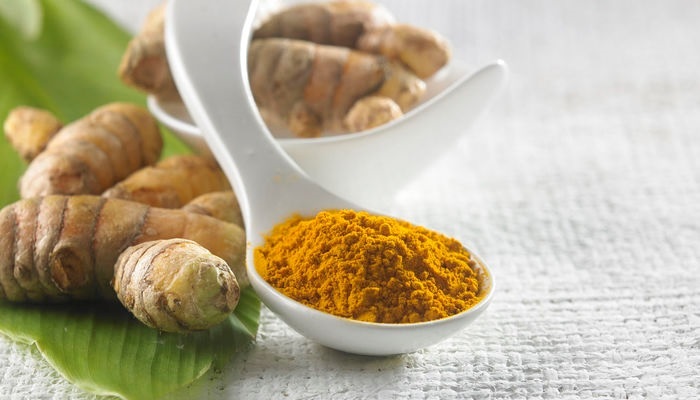Ashwagandha well-known as 'Withania Somnifera', was primarily used in traditional Indian Ayurvedic remedy. This herb is applicable more and more extensively held in the west and is utmost famous for its ability to support anxiety, decrease stress. A rising body of confirmation is being ordered about this powerful herb with a remarkable variety of health benefits.
What is Ashwagandha?
- Ashwagandha the Super food That Help Relieve Your Stress & Anxiety.
- Ashwagandha also known to Support Adrenal Function and It May help Improve Sexual Function & Fertility in Men.
- Ashwagandha also supports immune health and cardiovascular.
Clinical Summary:
A standard Ayurvedic herb, Ashwagandha is regularly used in formulations recommended for stress, diabetes, gastrointestinal disease, fatigue, skin diseases, epilepsy and pain. It is also used as an overall stimulant, to develop energy levels, fitness, and longevity, and topically as an analgesic. Active constituents include alkaloids, steroidal lactones, saponins, and withanolides. (1)
The studies suggest that Ashwagandha has anti-inflammatory and neuroprotective properties which may keep safe against cartilage harm in osteoarthritis. Other studies show chemopreventive, immunomodulating, radiosensitizing, and cytotoxic effects, and improvement in chromosomal constancy. Ashwagandha is also rich in iron.
Small-scale human studies recommend that it may help growth in children and increase red blood cell count and haemoglobin level. In adults, it may increase sexual routine and male infertility.
Data also indicate that Ashwagandha may be supportive of anxiety. In patients with schizophrenia, adjunctive cure with Ashwagandha significantly enriched signs and pressure, and affected indications of metabolic syndrome. Ashwagandha also increases intellectual function in patients with the bipolar condition and is currently being valued to assess its properties on nonrestorative sleep.
Initial information suggest that Ashwagandha may support to increase stability in patients with advanced degenerative intellectual ataxias. An extract method having Ashwagandha was presented to help osteoarthritis. A consistent extract made analgesic, anti-inflammatory, and chondroprotective special effects in knee joint pain.
Ashwagandha may growth testosterone levels and should be evaded in patients with hormone-sensitive prostate disease.
Ashwagandha Uses:
Ashwagandha has been widely studied completed its four millennia of use. This herb offers support comparable to the adaptogens Eleuthero (Eleutherococcus senticosus, sometimes called Siberian ginseng) and Ginseng (both Panax ginseng and Panax quinquefolius) for a strong stress reply. Because of this, it is sometimes well-known as Indian "Ginseng," although it is a distinct species and in control for relaxing and nourishing stress provision, while Ginseng help in stamina and energy.
- To Reduce Stress and Anxiety: A few evaluations recommend Ashwagandha maybe support for stress and anxiety.
- To Reduce Fatigue: Results from a significant study in patients with cancer-related fatigue suggest help.
- To Reduce Pain: A medical trial recommends that an identical extract may support patients with knee joint pain. Slight side effects like nausea and stomach irritation were observed in a few patients.
- Maintain Muscle Power: Ashwagandha is a muscle booster that supports all muscles in the body. This means that it is valuable for strengthening and repairing the heart, lung, skeletal muscles, and uterus.
- Help in Infertility: Ashwagandha supplementation can be mainly beneficial for men experiencing to improve fertility.
- To Treat Diabetes: As per the lab, sample recommends that Ashwagandha may recover type 2 diabetes.
Do Not Take If:
- If you have hormone-sensitive prostate cancer: Ashwagandha may raise testosterone stages.
- You are pregnant you should not take it.
Does Ashwagandha Have Any Side Effects?
As with any other supplement, it’s essential that you ask with a certified health consultant before consuming Ashwagandha. The long-standing effects of supplementation are unidentified, but some likely side effects contain stomach matters like vomiting and diarrhea. Also, Ashwagandha drops blood sugar stages. If you’re diabetic, this could interfere with your medicine and affect your blood sugar to go too low. If you choose to trial with Ashwagandha anyhow, make sure that you continuously observe your blood sugar level. Remember that Ashwagandha can also lower blood pressure. Continue with care if you feel pain from blood pressure issues.
How to Take Ashwagandha:
How to take Ashwagandha is a huge problem getting up, as per studies the most suitable technique we endorse using Ashwagandha capsules because you can take further help from Ashwagandha Root Extract powder.
Another way to enjoy Ashwagandha is by adding powder to food. This is a delightful and easy way to enjoy the benefits of Ashwagandha.
- Deepest active dosage for acute practises 300-500mg.
- Should be taken with a meal time (if taken one time, should be taken with breakfast).
Whether it’s in capsule powder form, the ideal procedure of Ashwagandha is root extract.
The core components in Ashwagandha are flavonoids called withanolides. Any Ashwagandha supplement value your period should have at the smallest amount 4% withanolides.
In Conclusion
As you can understand, Ashwagandha is a very multipurpose and nutritious herbal supporter. For sportspersons and somebody affected by constant worry, weakness, or overburden, it is definitely an herbal helper to consider. Try add in Ashwagandha into beverages, or simply take in with simmered milk or warm water. As Ayurveda explains, nothing is accurate for everybody, but the usages of this revitalizing herb are massive, plentiful, and powerful.



